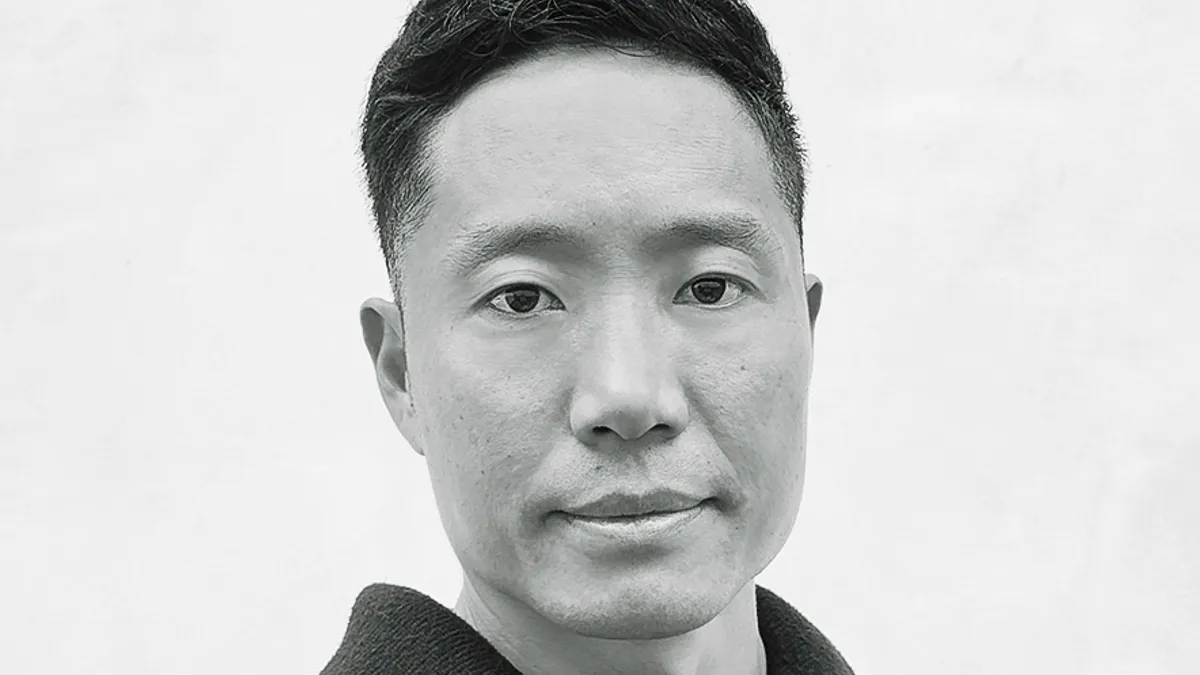Dive Brief:
-
Everlane has selected Alfred Chang, ex-CEO of upscale apparel brand Fear of God, to be chief executive officer. He takes the post on Monday, a company spokesperson confirmed by email.
-
Before joining Fear of God, Chang spent 17 years at Pacsun, where his roles included co-CEO, president, chief brand officer and executive vice president of merchandising and design, per the email. He also spent five years in merchandising at Old Navy, per his LinkedIn page.
-
Andrea O’Donnell, Everlane’s CEO since 2021, left in January to join footwear retailer Designer Brands. In the interim, the brand created an office of the CEO to take on her duties, led by Everlane Chief Growth and People Officer Kate Vukelich and Chief Financial Officer Vince Adams, the spokesperson said.
Dive Insight:
O’Donnell left Everlane about a year after the brand announced layoffs involving nearly 9% of its staff. At the time, she blamed macroeconomic forces, singling out the particular difficulties facing venture-backed companies in a tight market.
Last year was also dominated by layoffs at several DTC brands, and tech and tech-adjacent companies, with an increasing number of brands forging partnerships with retailers in order to chase growth via wholesale.
Chang has been tapped to lead Everlane through what the spokesperson said will be its next phase, describing his accomplishments at Fear of God as streamlining operations as well as leading marketing and merchandising strategies.
“Alfred elevated Fear of God’s product lines by overseeing the strategic development and refinement of men’s, women’s and kids’ collections, driving substantial growth and market share,” the spokesperson said.
Given his “extensive merchandising background,” Chang’s appointment could help return Everlane to its cult status by helping the brand focus more on its go-to-market initiatives, according to Liza Amlani, principal and co-founder of Retail Strategy Group.
”There are still many unanswered questions on their ‘radical transparency’ claims and if this is a marketing strategy versus how they actually create product,” she said by phone. “Connecting the supply chain and product development to marketing, with a focus on transparency, is what aligns with more customer values today. They should lean into this with more force than ever.”
Everlane has long pledged to partner with ethical factories and provide customers with details about the manufacturing of their products, calling that “radical transparency,” but has also weathered criticism about those promises as well as its company culture.
















